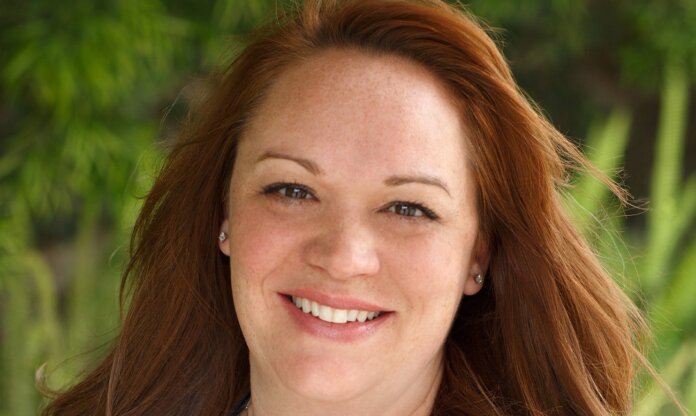PERSON OF THE WEEK: The mortgage industry is undergoing a technological revolution – and as part of that, mortgage lenders, the GSEs, and the credit reporting agencies are looking to tap into new sources of consumer data that can be used for credit decisioning, such as rent payments, utility bills and other financial obligations, so as to include more “credit invisible” yet creditworthy consumers in the dream of homeownership.
To learn more about how technology will play a role in this transition to a more holistic data set used for mortgage loan underwriting, MortgageOrb recently interviewed Michele Bodda, president of Experian Housing, Experian Employer Services and Experian Verification Solutions.
Q: You’ve spent more than 25 years in the lending industry. What are some of the most significant transformations you’ve witnessed in your career?
Bodda: The move to digital has certainly been one of the most significant and impactful transformations. Through the adoption of new tools and solutions that streamline processes, increase efficiency and decrease costs, experiences are improving for lenders and consumers alike.
For example, new solutions are enabling lenders to instantly verify income and employment information by leveraging employer payroll information in real-time. Consumers have grown accustomed to online experiences that are simple, seamless and fast, and with access to millions of up-to-date income and employment records, lenders can facilitate these experiences while gaining a more complete picture of a consumer’s financial situation.
Another meaningful transformation is the great strides the mortgage industry is taking towards making credit and financial opportunities accessible to more consumers, which is something I’m very passionate about. Millions of Americans are still credit invisible and we are actively working to drive financial inclusion through data, insights and continued innovation.
While there is more to do to ensure more consumers have fair access to credit and equitable paths to homeownership, I am excited about how far the industry has come and I’m confident we are heading in the right direction.
Q: What do you see as the most pressing issue impacting the mortgage industry?
Bodda: Homeownership has been found to be the greatest driver of generational wealth, but the dream of owning a home can seem out of reach for millions of consumers in underserved populations. I believe we all have a role to play in addressing and overcoming this issue.
Over the last few years, we’ve seen moves to expand the types of data and score models that can be used to make mortgage decisions. This is important as we believe data plays a critical role in driving financial inclusion and has the power to do tremendous good in the lives of millions of consumers. This is one of the reasons we’ve championed the use of expanded data sources, including consumer permissioned data obtained through open banking technologies and tools like Experian Boost. When this information is leveraged with traditional credit bureau data, it has the power to open the door for more equitable access to fair and affordable credit.
We believe the recent moves to include expanded data sources through newer score models used in mortgage decisions will ensure mortgage lenders receive a more comprehensive and accurate view of borrower financial health and stability, which can lead to better opportunities for consumers.
While the adoption of newer credit score models will undoubtedly take time, thoughtfulness, resources and effort from the mortgage industry, it’s the right thing to do for consumers, for the industry and for our economy.
Q: What role do partnerships play in creating a clearer path to homeownership for consumers?
Bodda: Meaningful change in driving financial inclusion and ensuring an equitable path to homeownership will require all of us working together. Expanding opportunities for consumers and removing barriers to achieving financial goals will require collaboration between businesses, regulators, nonprofits and consumers. This work can’t happen in a vacuum.
To this end, partnerships will play a critical role in driving financial inclusion and creating a clearer path to homeownership. Experian’s partnerships with organizations, including National Urban League, HomeFree USA and UnidosUS among others, enable us to directly engage their constituents with credit education and resources in hopes of helping them on their paths to homeownership.
While Experian’s direct-to-consumer business helps us regularly connect with millions of consumers, these partnerships help us also reach underserved populations specifically. Work such as this is of the upmost importance in ensuring fair access to credit.
Q: What gets you excited when you think about the future of mortgage?
Bodda: This is an exciting time for the mortgage industry. Thanks to advancements in data and technology, I believe we’re entering a new era. We are on the brink of unlocking the modern mortgage.
The tools that can make meaningful change in driving financial inclusion exist today – and we are beginning to see an openness from the industry to adopt these new technologies. I believe this will ultimately create more opportunities for consumers while modernizing manual processes that were previously viewed as time consuming and cumbersome. I am optimistic the future will bring continued innovation that will open financial doors for millions of consumers.











